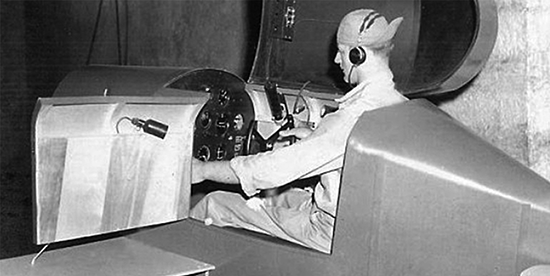Robert Sun, Suntex CEO and creator of the First In Math Online Program, had a recent byline in The London Economic, a digital newspaper with open and accessible views on business, economics, finance and international politics.

The publication strives to “collate opinion from across the world to create a forum free from censorship or political bias.”
London Economic editor, Jack Peat, believes that digital technologies will have as big an impact on the way news is dispersed as the printing press did at the start of the second millennium. He explains, “As we move forward into the third millennium, change is the only constant and we are presented with new capabilities daily, suggesting the digital revolution hasn’t happened; its’ happening.”
At Suntex, we share Peat’s enthusiasm for the unlimited potential digital technologies provide and his view that, “In an internet age of ‘everything, everywhere’, never have the challenges been so daunting and yet the opportunities so great.”
In his article, entitled, What WWII Pilots Can Teach Us About Maths Education, Sun references a lesson from the past to provide us with insights about how to approach challenges in the future. He asks the question, “Will the federal government’s ambitious plans to improve STEM education succeed or fail?” and he responds with a compelling recommendation for how to address one of our nation’s most immediate and important learning challenges. Although originally directed to readers in the United States, Sun’s message has global implications and applications, as recognized by Mr. Peat and his team.
Read the complete story here.